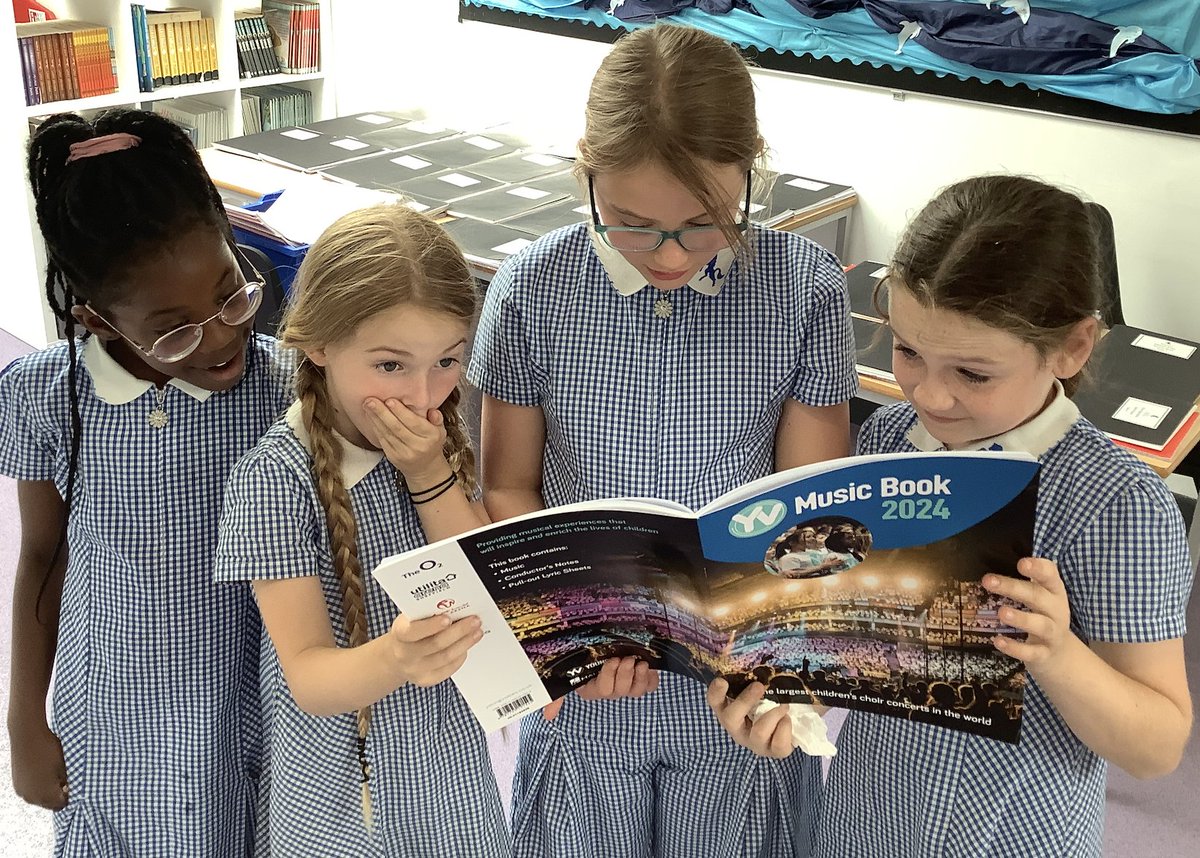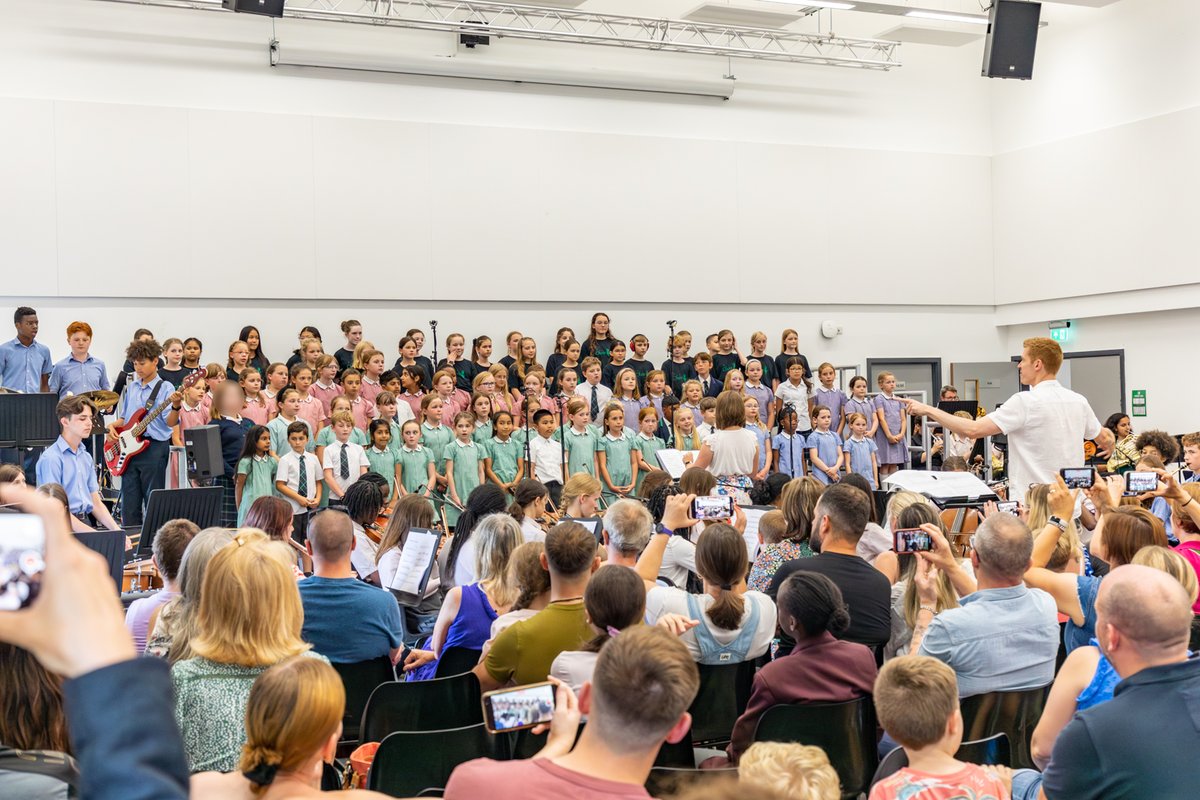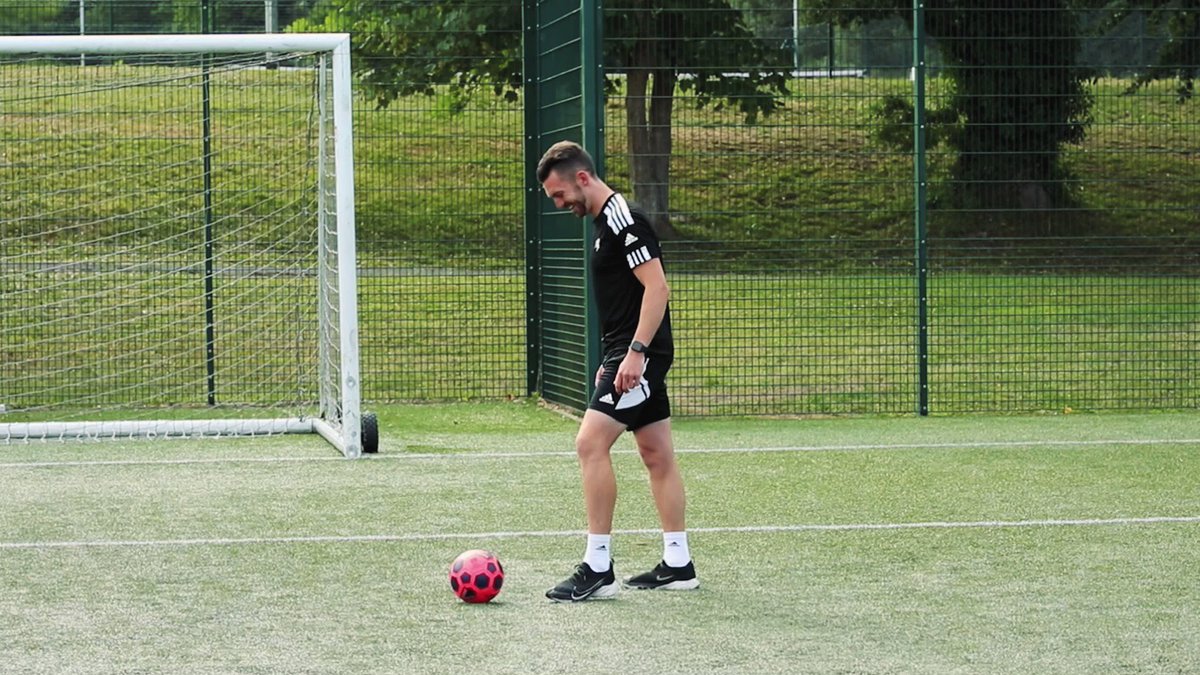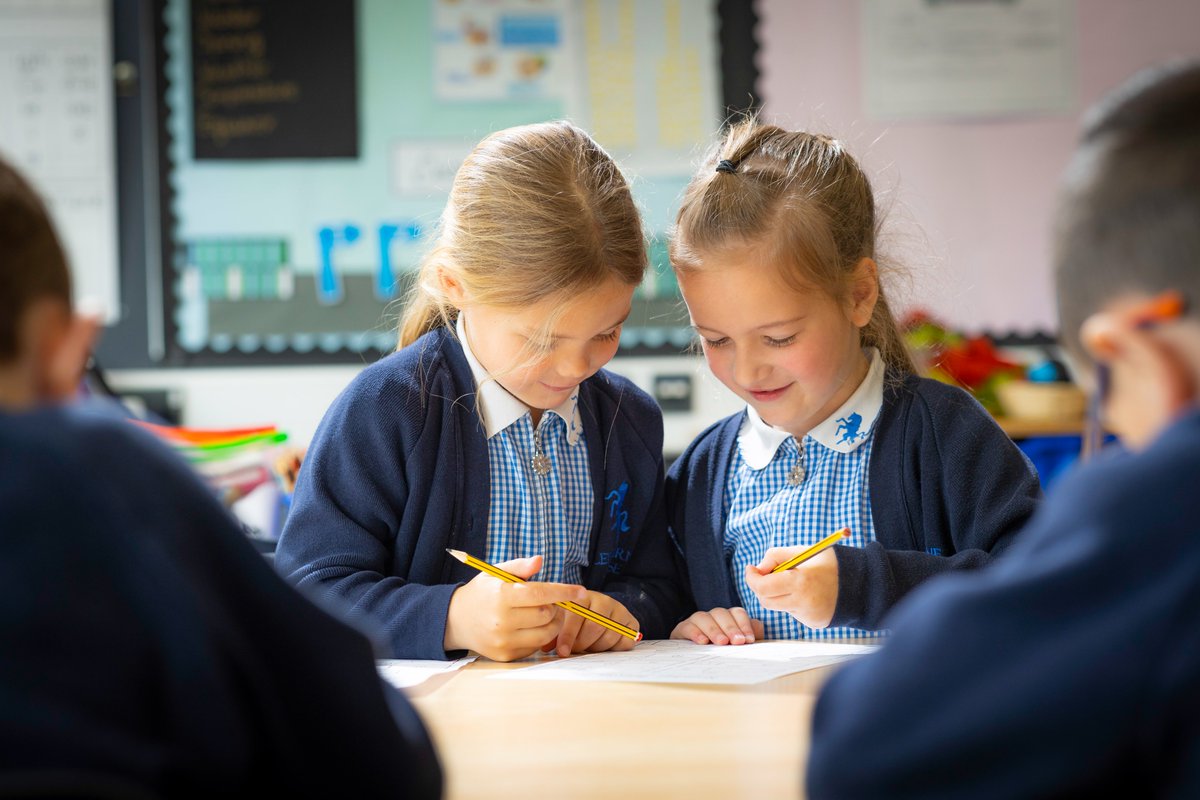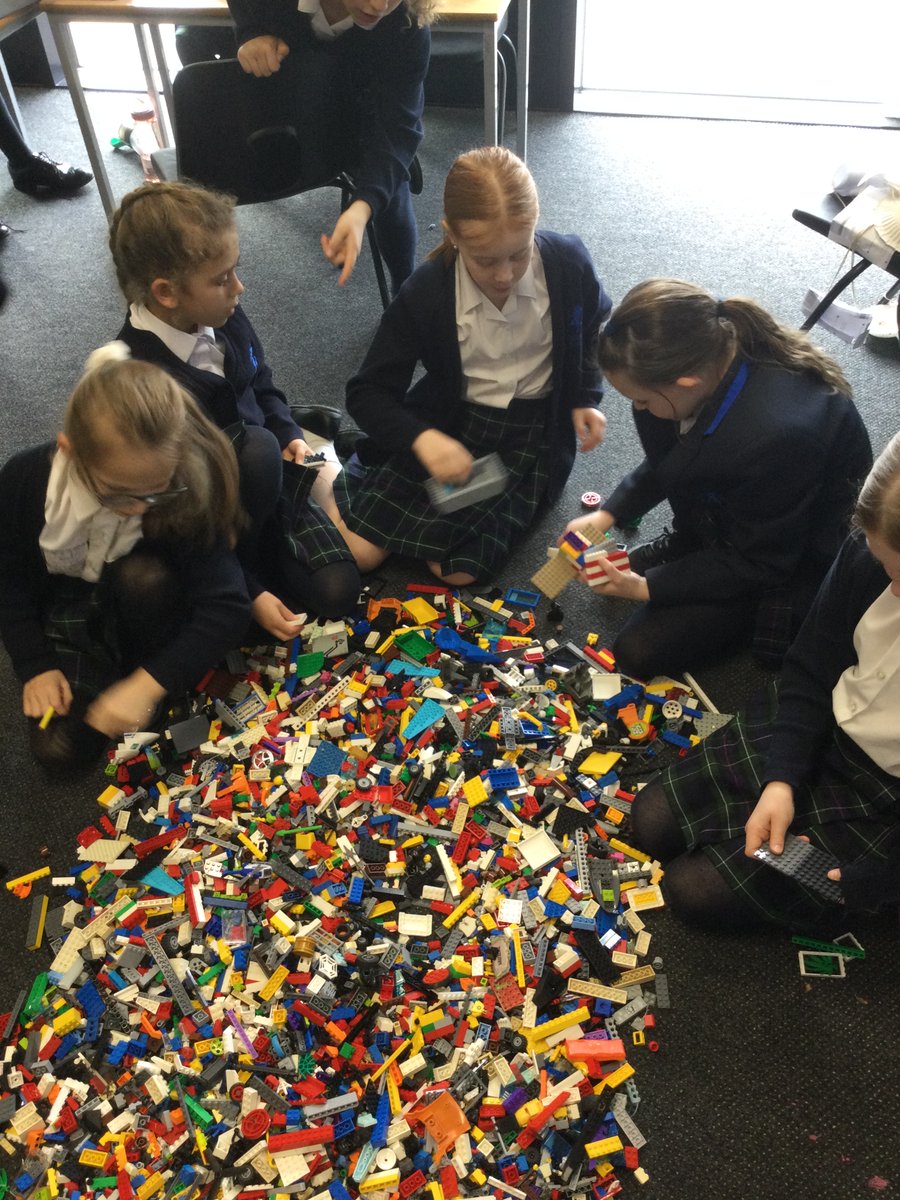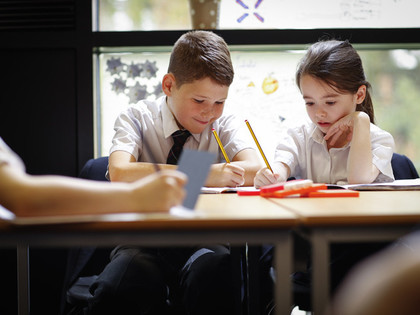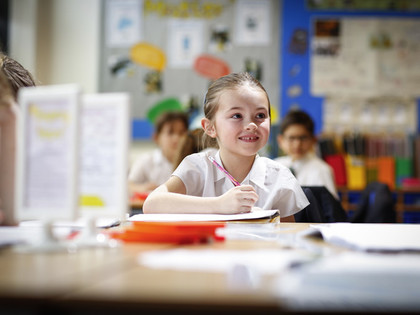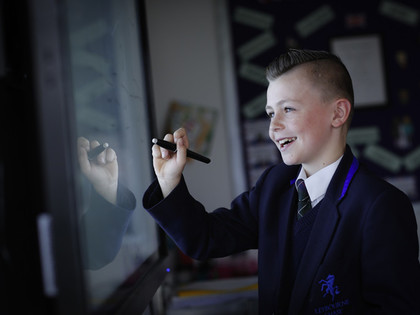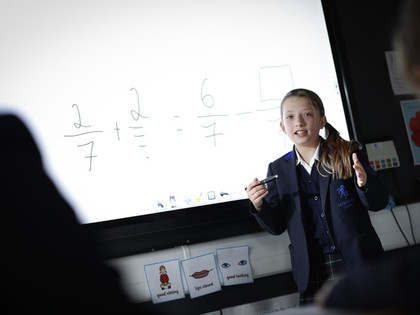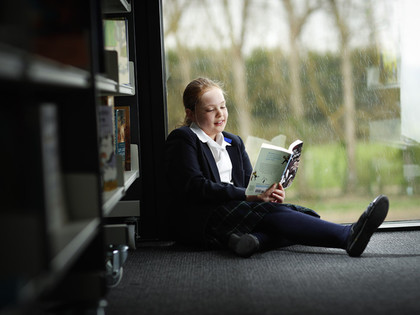Download our FREE smartphone app today!
Maths
At Valley Invicta Primary School at Leybourne Chase we aim, through well planned and engaging lessons, to create a sense of excitement and curiosity around mathematics. Children are encouraged to make links between what they are learning and the world around them. As children at Leybourne Chase learn mathematics, they are acquiring fluency in mental methods as well as written methods. The high-quality mathematics education we endeavour to provide builds a foundation for understanding the world, the ability to reason mathematically, an appreciation of the beauty and power of mathematics, and a sense of enjoyment and curiosity about the subject and the recognition that maths is essential to everyday life. We believe in a ‘teaching to mastery’ curriculum where children develop as successful, confident young mathematicians. Children at Leybourne Chase understand that mathematics can be found everywhere and in everything. They know that exploring and being creative with maths is essential to developing an enthusiasm and fascination for the subject.
Curriculum
Through a curriculum based on conceptual understanding, children can select and apply different mathematical methods in different contexts. Solving contextualised problems is integral to maths learning at Leybourne Chase and analysing, identifying patterns, proving, recognising, remembering, identifying, using conjecture, finding relationships and making generalisations are fundamental to embedding mathematical skills that can be built on throughout our pupil’s school life.
At Valley Invicta Primary School at Leybourne Chase we follow the White Rose Maths Scheme which is also supplemented by a range of resources to provide variety of task and activity. This is also supplemented and supported by the online Maths Whizz programme that is in line with the National Curriculum and routinely monitors and assesses children to help support any gaps in knowledge or correct any misconceptions.
Teaching maths for mastery is a transformational approach to maths teaching which stems from high performing Asian nations such as Singapore. When taught to master maths, children develop their mathematical fluency without resorting to rote learning and can solve non-routine maths problems without having to memorise procedures.
Rationale for this mathematical approach:
- Evidence-based approach to teaching maths;
- Helps pupils develop a deep, long-term and adaptable understanding of maths;
- Inclusive approach where all children achieve;
- Slower pace which results in greater progress;
- Reflected in the 2014 English national curriculum for mathematics;
- Endorsed by the Department for Education, NCETM and OFSTED.
To find out more about the programme, please click HERE
Our Approach to Mathematics
At VIPS at Leybourne Chase, we are fully committed to the National Curriculum’s aims in mathematics to ensure all pupils:
- Become fluent in the fundamentals of mathematics so that they are efficient in using and selecting the appropriate written algorithms and mental methods, underpinned by mathematical concepts;
- Can solve problems by applying their mathematics to a variety of problems with increasing sophistication, including in unfamiliar contexts and to model real-life scenarios;
- Can reason mathematically by following a line of enquiry and develop and present a justification, including in unfamiliar mathematical language.
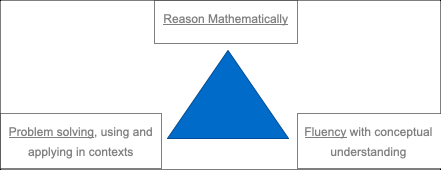
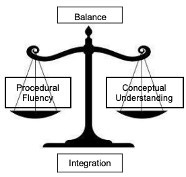
At Leybourne Chase we are guided by the learning principles of Jerome Bruner who put forward a theory that people learn in three basic stages: by handling real objects, through pictures, and through symbols. The children at Leybourne Chase are given opportunities to handle "concrete" manipulatives, to draw one-to-one "pictorial" iconic representations of them, then to eventually understand and use the mysterious "abstract" symbols with confidence. We call this our CPA approach and is a core principle underpinning our maths teaching. This core principle is modelled, delivered and evidenced in an appropriate range of ways within our classroom practice as well as in our maths books depending on the age and ability of our children.
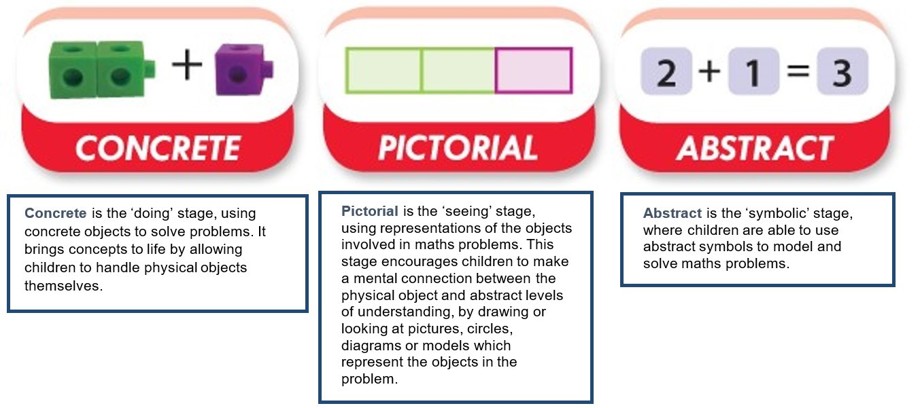
Curriculum Progression
Although the way we teach calculation is organised in a sequence, teaching staff work with the ethos that individual pupil’s needs denote the part of the curriculum that should be accessed. Progression in mathematics for all children is essential and so, no matter what their starting point, through accurate assessment, high expectations and quality teaching, pupils at Leybourne Chase are able to work at a level which ensures that they make progress which is built on firm foundations. All teachers at Leybourne Chase ensure children with special educational needs are carefully planned for and inclusivity is at the heart of all we do.
Progression of Skills
For each of the four operations (addition, subtraction, multiplication and division) and teaching of fractions, a progression of skills is demonstrated to show how a child will develop in their written and mental calculation methods. The written calculation methods have drawn examples and the mental calculation strategies are shown to demonstrate what would support this method. In addition to this, the visual equipment that will be used to support children is shown. This provides a framework for all teaching staff to support children if they are assessed to be working at a lower year group than their chronological age. Children are often encouraged to recap previous learning to embed and master the topic, this progression of skills document allows all adults to be aware of the developmental stages of the four operations and fractions. The stages have not been designated a specific year group to allow teaching staff to appropriately support all children as individuals and as a cohort by their currently assessed working ability rather than their chronological age.
Links to other Policies
Our Maths policy mentions links and relates to several other policies that when combined form an overarching Maths policy for the teaching and learning of Mathematics at VIPS at Leybourne Chase. The other policies are available here on the school website for all to access and are a range of additional policies and documents that provide more detailed definition and explanation as to the approach taken by the school to ensure correct coverage of the entire curriculum.
These include:
- The Trust Calculation policy. outlining the sequenced stages of learning required to master the four operations and fraction knowledge required from Early Years up to Year Six.
- A Curriculum Progression document has been created to clearly state all the required curriculum objectives and how they fit within a sequence of learning from Year One to Year Six.
- A Mental Calculation policy outlining the expected mental arithmetic skills required within each academic year group from Year One to Year Six.
- A Progression of Calculation Skills policy utilised for children with SEND support in which the curriculum must be adapted to meet their needs. Although a child may be working significantly below their chronological age, they are able to access the correct stage of calculation skill required for them to progress at their own rate.
- A Vocabulary document to support the progressive development of vocabulary across all year groups and key stages. This is aligned to White Rose Maths topics and terminology is displayed in classroom with Widgit symbols for visual aid support.
Intent, Implementation and Impact at VIPS at Leybourne Chase
At VIPS at Leybourne Chase, we are committed to providing our children with a curriculum that has a clear intention and impacts positively upon their needs.
Curriculum statement for the teaching and learning of Maths Mastery 2021/2022 National Curriculum Intent
The national curriculum for mathematics intends to ensure that all pupils:
- Become fluent in the fundamentals of mathematics, including through varied and frequent practice with increasingly complex problems over time, so that pupils develop conceptual understanding and the ability to recall and apply knowledge rapidly and accurately.
- Reason mathematically by following a line of enquiry, conjecturing relationships and generalisations, and developing an argument, justification or proof using mathematical language.
- Can solve problems by applying their mathematics to a variety of routine and non-routine problems with increasing sophistication, including breaking down problems into a series of simpler steps and persevering in seeking solutions. Mathematics is an interconnected subject in which pupils need to be able to move fluently between representations of mathematical ideas.
The programmes of study are, by necessity, organised into apparently distinct domains, but pupils should make rich connections across mathematical ideas to develop fluency, mathematical reasoning and competence in solving increasingly sophisticated problems. Our curriculum ensures children apply mastery skills. We follow the White Rose maths scheme, with a range of mathematical resource providers as well as our teachers’ own resources used to extend fluency, reasoning and problem solving. The children are also offered opportunities to apply their mathematical knowledge to a range of other subjects, most notably science and computing.
The expectation is that the majority of pupils will move through the programmes of study at broadly the same pace. However, decisions about when to progress should always be based on the security of pupils’ understanding and their readiness to progress to the next stage. Pupils who grasp concepts rapidly should be challenged through being offered rich mastery tasks and sophisticated problems before any acceleration through new content. Those who are not sufficiently fluent with earlier material should consolidate their understanding, including through additional practice, before moving on.
Intent, Implementation and Impact document
Times Tables
At Valley Invicta Primary School at Leybourne Chase, we believe that multiplication and their related division facts are essential to children's mathematical development and progression. Below is our Times Tables policy that will provide a clearer explanation of which multiplication facts are taught at the respective time of year. It will also provide information on how we encourage the extension of multiplication and division facts beyond the 12x12 tables.
Year 4 Multiplication Tables Check
All Year 4 children will have their multiplication skills formally tested in the summer term of Year 4 from 2020 onwards. We explain the multiplication check latest developments.
Times tables test / multiplication tables check: the basics
Primary-school children are expected to know all their times tables up to 12x12. Under the current National Curriculum, children are supposed to know their times tables by the end of Year 4, but they are not formally tested on them other than through multiplication questions in the Year 6 maths SATs.
Why a test?
The DfE says that the check is part of a focus on mastering numeracy, giving children the skills and knowledge, they need for secondary school and beyond. The purpose of the MTC is to determine whether Y4 pupils can recall their multiplication tables fluently (being able to answer times tables questions accurately and quickly, without having to work out the answers).
Announcing the tests in 2017, the then education secretary Justine Greening said, 'A good primary education lays the foundations for success at secondary school and beyond. This year’s (2017) Key Stage 2 results showed our curriculum reforms are starting to raise standards and it is vital we have an assessment system that supports that.'
Which children will sit the multiplication check?
The times tables test takes place in English schools only. It is taken by children in Year 4, in the summer term (during a three-week period in June; schools will decide which day to administer the check).
In June 2019, the multiplication check was voluntary (schools were able to decide whether to administer it or not). From June 2020 onwards, it is compulsory for all English maintained schools, special schools and academies(including free schools).
Children with special educational needs will be provided for when taking the MTC.
How will children be tested?
Children will be tested using an on-screen check (on a computer or a tablet), where they will have to answer multiplication questions against the clock.
This will be the first time that the DfE has used computerised tests in primary schools. Calculators and wall displays that could provide children with answers will be removed from the room the MTC is taking place in.
The test will last no longer than 5 minutes and is similar to other tests already used by primary schools. Their answers will be marked instantly.
Children will have 6 seconds to answer each question in a series of 25. Each question will be worth one mark and be presented to the child in this format:
n1 x n2 = ____
Questions will be selected from the 121 number facts that make up the multiplication tables from 2 to 12, with a particular focus on the 6, 7, 8, 9 and 12 times tables as they are considered to be the most challenging. Each question will only appear once in any 25-question series, and children won't be asked to answer reversals of a question as part of the check (so if they've already answered 3 x 4 they won't be asked about 4 x 3).
Once the child has inputted their answer on the computer / device they are using, there will be a three-second pause before the next question appears. Children will be given the opportunity to practise answering questions in this format before the official check begins.
The six-second time limit per question has been decided on by the DfE because it should allow children enough time to demonstrate their recall of times tables without giving them the time to work out the answers to each question.
How will the multiplication tables check results be reported?
Pupils' individual results will be made available to schools, and the Department for Education will report national results to track how they change over time.
Schools will be required to report the results to parents or carers.
What if a child doesn't do well in the multiplication check?
There is no "pass mark" (expected standard threshold) and no child will "fail" the test. Multiplication facts will be the only things tested (there will be no testing of children's knowledge of division facts or problem-solving in the check).
The DfE says the purpose of the check is to help teachers identify which children are falling behind and target areas where they’re not being given a chance to succeed.
How can you help your child practise their times tables?
Because the National Curriculum for maths is so extensive, there is an expectation that parents will help their children learn their times tables at home and not rely on schools to bring them up to speed.
The school have purchased every child in the school a login to Times Tables Rock Stars (TTRS) and this is the most suitable way for children to engage with their times tables learning. We recommend children spend 10/15 minutes a day on TTRS as opposed to a longer block. "Little and often" is our approach to times tables.
Mr Still will hold TTRS events across Key Stage Two to support the engagement of learning but other techniques may be beneficial and successful for your child.
Some of the techniques you can use include:
- Practising times tables by singing rhymes and/or songs.
- Asking your child multiplication questions out of order – such as ‘What’s 11x12? What’s 5x6?’
- Asking your child the related division facts: ‘What’s 8/4? What’s 9/6?’
- Using arrays to help your child memorise times tables – you can use fun objects like Smarties or Lego bricks to make it more entertaining.
- Giving your child word problems to test their skills, like ‘If Peter has 800ml of orange juice and needs to share it between four friends, how much can they each have?’
- Using apps and games like TheSchoolRun’s multiplication games to build speed.
Free times tables resources and advice for primary-school parents
For information, worksheets, games, eBooks and learning packs to help you support your child in learning their times tables go to the Times Tables learning hub.
Specific tips for each multiplication table:
- Learning the 2 times table
- Learning the 3 times table
- Learning the 4 times table
- Learning the 5, 10, 11 and 12 times tables
- Learning the 6, 8 and 9 times tables
- Learning the 7 times table
https://www.topmarks.co.uk/maths-games/7-11-years/times-tables
http://www.crickweb.co.uk/ks2numeracy-multiplication.html
https://www.purplemash.com/#tab/pm-home/maths/printable_resources_maths_tables
Parents and Carers - Maths at Home
We understand that you may wish to complete additional maths work at home to support and extend your child's mathematical knowledge and understanding. If you wish to do this, then we strongly advise using the online platforms that we have purchased as a school to consolidate learning.
Times Table Rock Stars (TTRS) and NumBots - These online platforms have been purchased for every child in the school to engage with times tables knowledge for Key Stage Two and number fact knowledge in Key Stage One. However, every child can access both platforms with the same login.
Purple Mash - There are a range of mathematical games, quizzes and tools to use on Purple Mash that are accessible on our school login page. You will need your personal login and password that has been sent home.
https://www.purplemash.com/sch/leybournechase
Here are a range of free maths-based websites that you may wish to access with your child also:
Primary Games - Here you will find lots of games and challenges covering many mathematical concepts.
Top Marks Maths Games - There are lots of games, many of them are tablet friendly too. Organised into age appropriate games, there are plenty of challenges for all ages.
Karate Cats (KS1) - https://www.bbc.co.uk/bitesize/topics/zjkphbk/articles/zf4sscw
Guardians: Defenders of Mathematica (KS2) -https://www.bbc.co.uk/bitesize/topics/zd2f7nb/articles/zn2y7nb
Please also access this document with a few suggestions of maths games and concepts to address at home, depending on your child's academic year.
If you were unable to attend our latest Parents Workshop, then attached is the presentation from the meeting. If you wish to discuss any of the content or would like to receive handouts from the session then please contact the school office or Mr Still directly.

